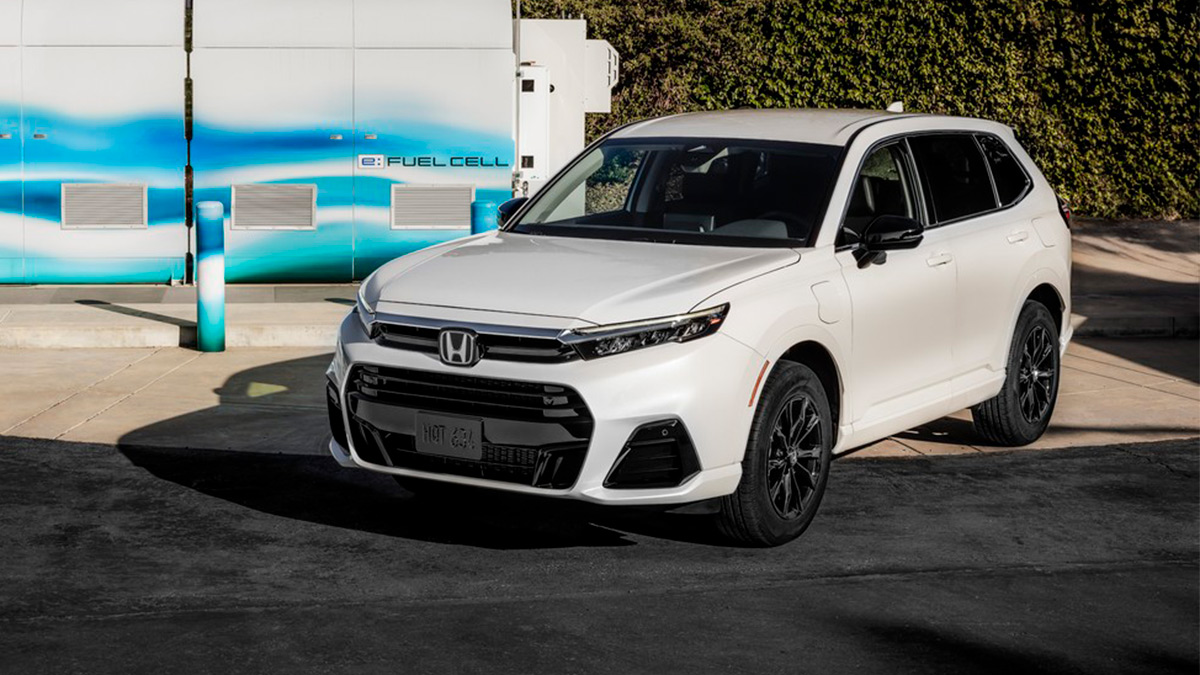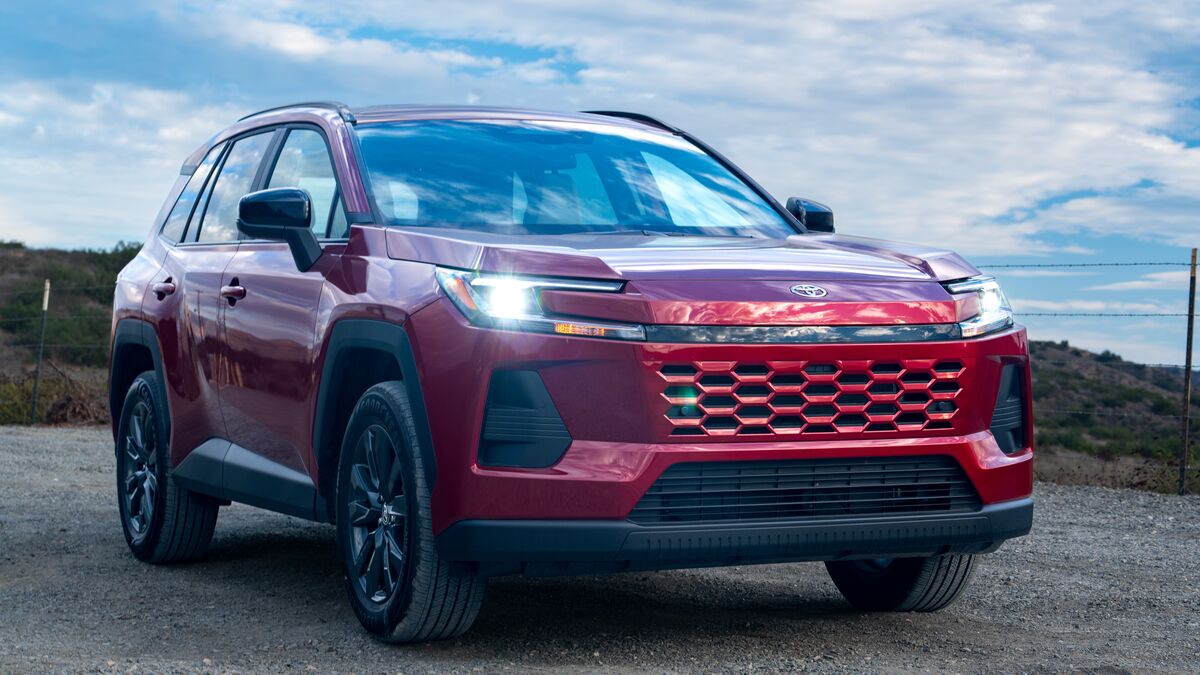Our 2025 Best Buy among electric vehicles (EVs) is once again eligible for the federal government’s $7,500 EV tax credit.
The U.S. Department of Energy updated its list of eligible models over the weekend, and the Hyundai Ioniq 5 is back on after a brief absence.
It’s not clear what caused Hyundai’s electric SUV (arguably a big hatchback) to drop off the list in the first place.
Related: How Do Electric Car Tax Credits Work?
In order to qualify for the tax credit, both a car and its battery must be substantially built in North America. Automakers must also source critical battery minerals from the U.S. or certain trade partners, in a proportion that increases each year.
Hyundai builds the Ioniq 5 in Georgia.
Automakers continually evolve their supply lines by buying materials and parts from different suppliers to meet production requirements. Hyundai may have briefly used minerals from an unapproved source if it couldn’t obtain enough from eligible suppliers.
Buyers can now count on the $7,500 discount again. Though that may not last — President Trump has said he’d like to eliminate the rebate. However, that could prove challenging to do. Only Congress can make that change, and members might be unwilling to make a move that benefits many jobs in their districts.
Automakers have located many EV and battery factories in predominantly Republican states. That strategy may be to avoid territory friendly to unions, but it may also inadvertently protect the EV tax credit.








